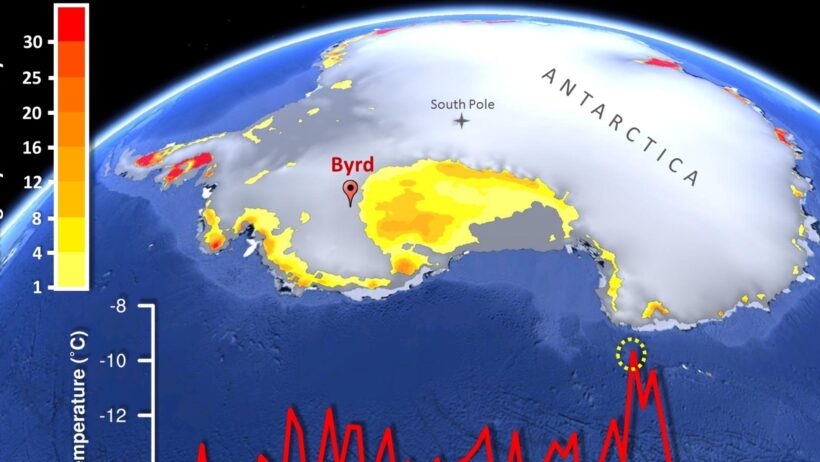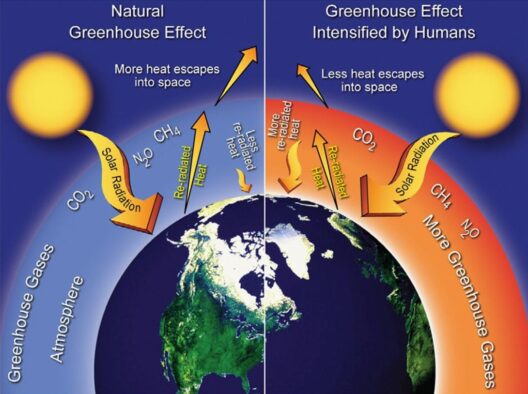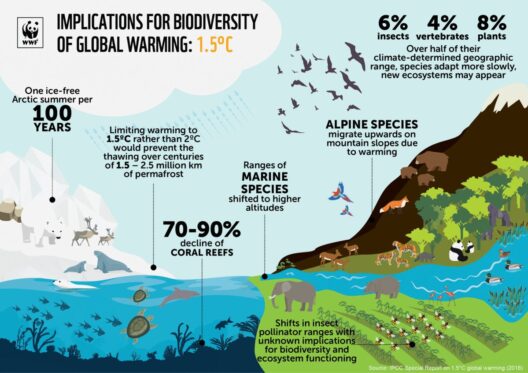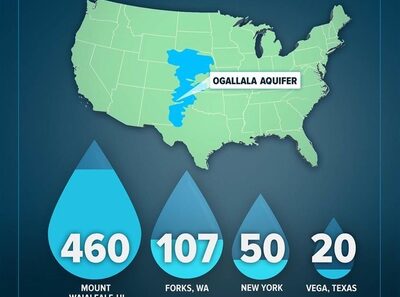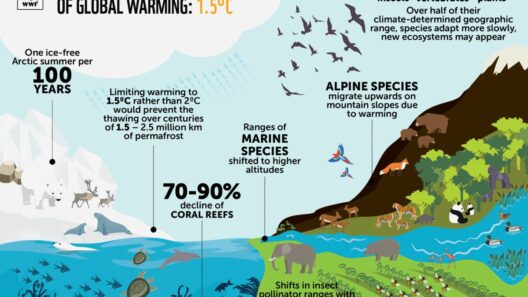As you step outside, do you ever pause to ponder, “What lies beyond today’s weather forecast?” The answer isn’t merely in the nuance of meteorological patterns but rather indelibly linked to a far-reaching phenomenon – global warming. This gradual increase in Earth’s average temperature is not a distant concern; it actively molds our daily realities. From the coffee you sip in the morning to the clothes you select for the day, climate change influences an array of daily decisions in ways that might be subtle yet profoundly significant.
To truly grasp this predicament, one must first understand the fundamental mechanisms underpinning global warming. Anthropogenic activities, primarily the combustion of fossil fuels, deforestation, and industrial processes, have resulted in elevated concentrations of greenhouse gases (GHGs) in our atmosphere. This accumulation traps heat, akin to a blanket, leading to fluctuations in climatic norms. So, what does this mean for the ordinary individual? Long-standing weather patterns are no longer reliable. The manifestations range from extreme weather events to minute fluctuations such as altered pollen seasons, all impacting your lifestyle.
The most conspicuous impact of climate change is seen in extreme weather events. The increase in the frequency and intensity of hurricanes, wildfires, and heatwaves is reshaping the routine of millions. For instance, consider how you plan your summer vacations: the availability of cozy beach days may be compromised by erratic weather patterns. A sunny getaway could quickly morph into a disastrous encounter with nature’s fury. Are you prepared to adapt and rethink your recreational habits?
Moreover, agricultural patterns are under siege by climate change. The rising temperatures and erratic precipitation make it increasingly difficult for farmers to sustain traditional crops. Shifting growing seasons and dwindling harvests could lead to scarcity, driving prices skyward. This economic reality will directly touch your dining table. You might find yourself paying more for seasonal produce or perhaps adjusting your palate to accommodate what remains available, thus prompting a culinary shift born from climate exigencies.
Energy consumption is another facet of daily life profoundly influenced by global warming. As temperatures rise, households and businesses invest in cooling systems to combat the heat. This surge in energy demand not only strains existing infrastructure but also exacerbates GHG emissions unless sourced from renewable avenues. Are you opting for alternatives? Transitioning to energy-efficient appliances or solar energy not only contributes positively to mitigating climate change but also reflects an acute awareness of your consumption footprint.
Transportation, too, faces transformative pressures due to climate change. The increasing global temperatures have engendered an urgency to rethink conventional modes of transport. Cars, the backbone of modern mobility, contribute significantly to carbon emissions. The question then arises: how often do you consider alternative modes of transit such as biking or using public transport? These adaptations not only have the potential to mitigate emissions but can also enhance your health and well-being. The challenge lies in the willingness to embrace change.
The fashion industry is another revealing arena where the effects of global warming manifest. The production of garments is deeply entwined with environmental degradation, from the water-intensive cotton farming practices to the high carbon footprint of synthetic fibers. With an increasing awareness of sustainable fashion, consumers must now navigate choices that reflect ethical considerations influenced by climate realities. Do you find yourself championing brands that prioritize sustainability, or do you ignore the environmental implications in favor of trendiness? The choices made in this domain reverberate far beyond personal style.
In the realm of health, subtle yet profound impacts of climate change are emerging. The prevalence of respiratory ailments, allergies, and heat-related illnesses is on the rise, fueled by climate-induced alterations in air quality and ecosystems. Elevated pollen counts linked to warmer temperatures create a challenging environment for those with allergies. Furthermore, the exacerbation of heatwaves poses dire risks. Recognizing these challenges requires vigilance in personal health management and social responsibility in advocating for cleaner air and greener urban spaces.
Additionally, climate change has a consequential ripple effect on mental health. Increased anxiety and stress about the future of the planet are becoming commonplace, particularly among younger generations who feel burdened by the existential threat of an unstable environment. Engaging discussions in communities can foster resilience while empowering individuals to contribute to positive change. Are you participating in local initiatives or supporting climate advocacy efforts that resonate with your convictions? Collective action can counteract feelings of helplessness and inspire hope.
It is of paramount importance to acknowledge that climate change is not an abstract concept reserved for scientific circles but a lived experience that pervades every facet of life. As global temperatures continue to rise, the consequences ripple outward, permeating agriculture, health, transportation, and even psychology. Challenges abound, but so do opportunities for adaptation and innovation. Each decision you make has the potential to posit a question: Will you be part of the solution? Embracing sustainable practices and advocating for changes on both personal and community levels can forge a path toward a more resilient and environmentally friendly future.
Ultimately, the question remains: How prepared are you to face the challenges posed by climate change? By acknowledging its pervasive influence, one can begin to navigate the complex realities of a warming world while fostering a commitment to a sustainable future. Rise to the challenge, step beyond the forecast, and embrace the proactive role each of us plays in combating global warming. Your choices today will sculpt the environmental landscape of tomorrow.



